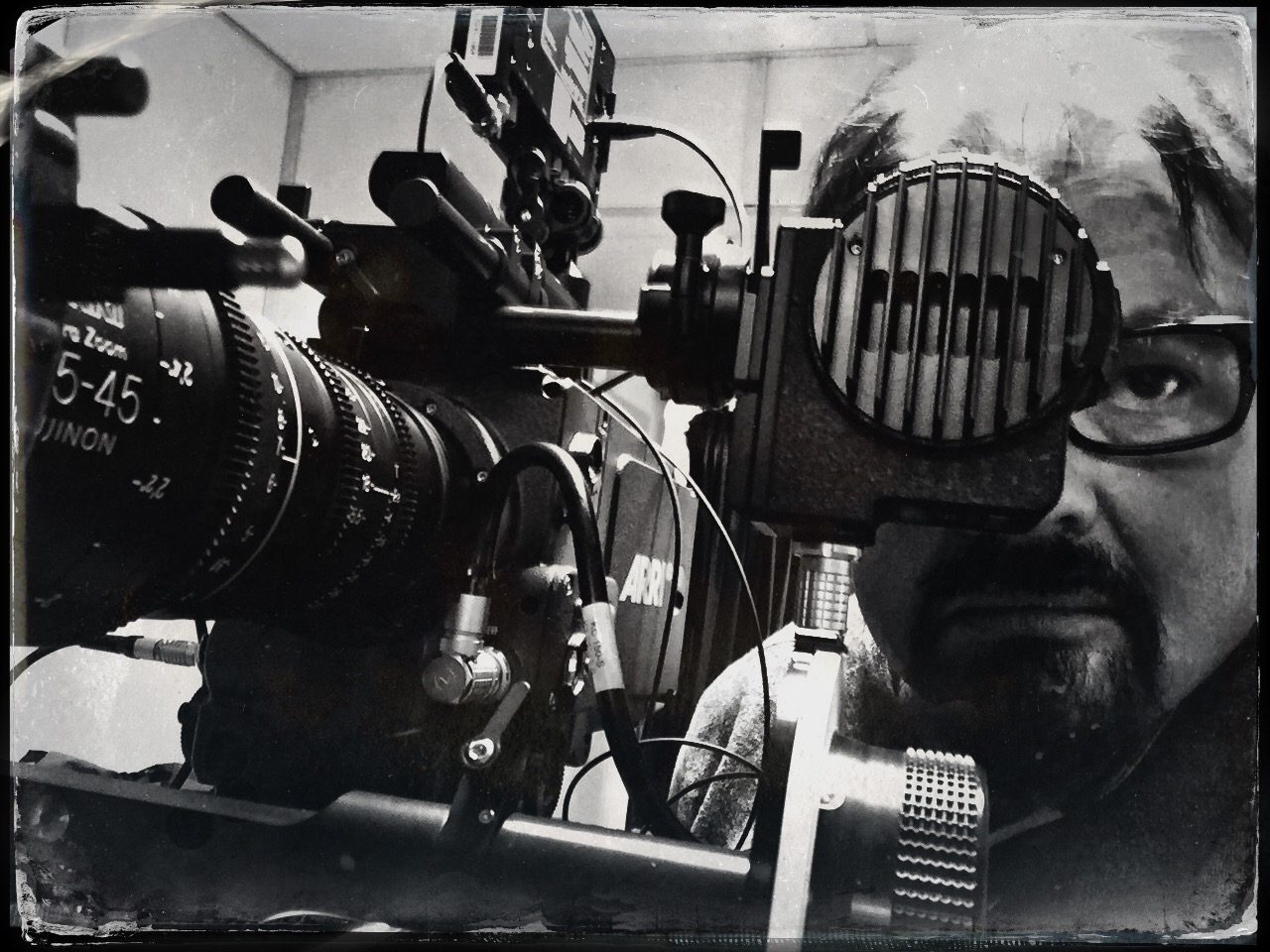Atlas.ti and other things
Strike Action
No seminars this week or next due to the UCU strike action, which is a shame as the FASS510 Interviewing in Qualitative Research – I & II would have been helpful as I will be conducting interviews for the documentary film. Fortunately, I will have the opportunity to take these again in the new year.
Atlas.ti and NVivo
So, for this week I concentrated on my reading and learning how to use the Qualitative Analysis applications, Atlas.ti and NVivo. I had already decided that I would most probably go with Atlas.ti but the more I use it the less it appeals. The user interface is not as friendly as I would like and the screen gets too busy with small text for me to view on a MacBook Pro’s 15” screen, so either I get a much larger screen to work on or consider using NVivo? NVivo seems to have a improved layout compared to Atlas.ti but I’m not sure if it is as powerful as Atlas.ti, this is going to be a work in progress for a while as I plan to run them together until a clear winner presents itself.
Supervisor meeting, 26th
Key points
1. Think about the style of your Documentary, will you be a participant?
2. Consider how using someone to act as the interviewer in the film, as they may become the most important part of the film and may influence how the film is produced.
3. Instead of using a go between (which is required by the venue) the best answer maybe to just become someone they know through attending several screenings a visitor who also makes films. Take time to get to know your subjects.
4. My synopsis for the 2nd film looks promising, maybe instead of a 2nd film it could find a place in the documentary so that the documentary has an experimental element to it.
5. Take the list of memory sequences in the experimental film and use these as questions in the documentary – ask people living with dementia about their dreams?
6. Look again at my proposal for funding and simplify it and make it more readable for people outside of the subject area. Explain (collective, cultural, new media) memory in simpler terms.
7. Reading list is progressing, and it is good that I am using a referencing software tool (Mendeley and Endnote).
8. Write short notes against your references to explain why it is important and why you have selected it.
9. Continue working and reading for the 2 set questions and think about how the written thesis and practical element will come together.
10. The competition details I received from is worth pursuing and would be a perfect opportunity for students.
11. Regarding the recent contact showing interest in having me make a film for an external charity, I will keep in contact with them and suggest my idea of creating a film festival and competition instead with the winner’s film as the film they could use for their charitable work.
Some interesting ideas came out of this weeks supervisor meeting, one of the best and the more I think about the more I like the idea is to try and incorporate my idea for the standalone experimental film into the documentary film. This would be unexpected and would add an interesting new way of looking at the documentary film format. Of course, I can always edit several versions so there could be films with and without the experimental film footage but as I said the more, I think about this the more attractive it seems.


